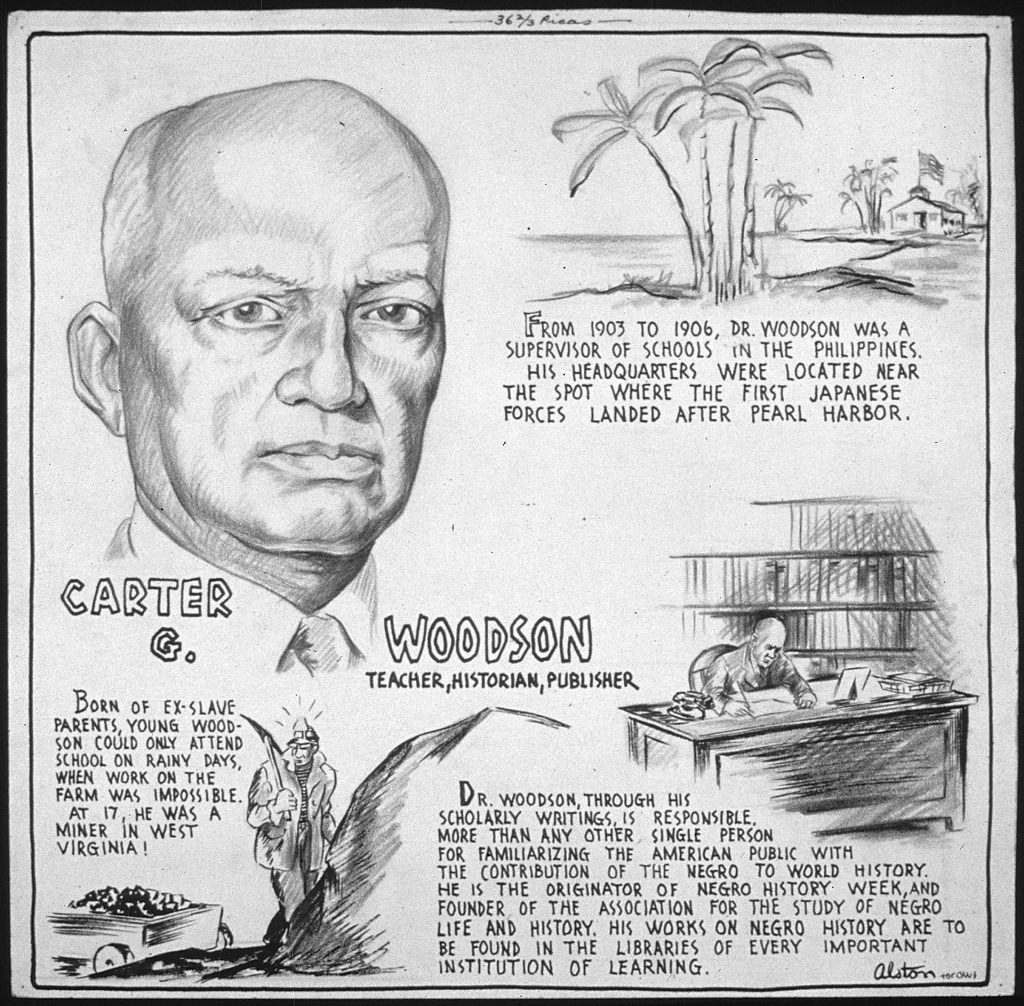Photo Credit: Pixabay.com
By Anthony Medina
Did you know?
For one week in February of 1926, African Americans were recognized as a vital part of United States History.
The roots of Black History month began with Dr. Carter G. Woodson. As an educator and historian, Woodson researched and accounted events pertaining to the lives of African Americans in the U.S.
Woodson was named by the National Association for the Advancement of Colored People as the “Father of Black History” because of his numerous published journals and the foundation of the Association of the Study of Negro Life and History — currently known as the Association for the Study of African American Life and History.
Woodson would initiate “Negro History Week” in the second week of February in honor of past abolitionists who encouraged the learning of Black history. According to the NAACP, Woodson chose the second week of February to start his endeavor because two civil rights activist’s birthdays fell in that week.
Frederick Douglass, a notable American abolitionist and Abraham Lincoln, the 16th president of the United States who abolished slavery, share a birthday on the second week of February.
Evelyn Brooks Higginbotham, the ASALH president, mentioned how Woodson envisioned Black history month being recognized as it is today, in a letter written on Monday, Feb 5.
“Today Woodson would most likely marvel at the transformation of his Negro History Week into Black History Month,” wrote Higginbotham. “When every presidential administration since 1976, whether Democrat or Republican, has officially proclaimed the importance of citizens of African descent in shaping our nation’s life and culture.”
One of the latest themes for ASALH in 2018 honors African Americans in the military which shows resemblance to Woodson’s acknowledgment of African American military veterans. Brooks detailed how Woodson’s work celebrating African American history continues more than 50 years after his death.
Dr. George White, an Associate Professor and Chair of the History and Philosophy Department at York provided Pandora’s Box with some insights on Black history and the importance of continuing education in Black Studies.
“It’s very important to have a month were we can celebrate not only the reality of our experiences, but give voice to it ourselves as supposed to someone else talking about us,” said White. “Today I think the purpose and the usefulness of black history is a little bit different.”
White began teaching African American History as an Adjunct Professor for the University of Tennessee in 1995. He followed his passions for teaching Black history straight into his career because he realized how much truth isn’t told through the school system.
“It never ceases to amaze me the number of students who don’t know certain facts about black history,” said White.
White teaches many history and Black Studies courses at York. He encourages others to continue their learning of African American history throughout their college careers.


